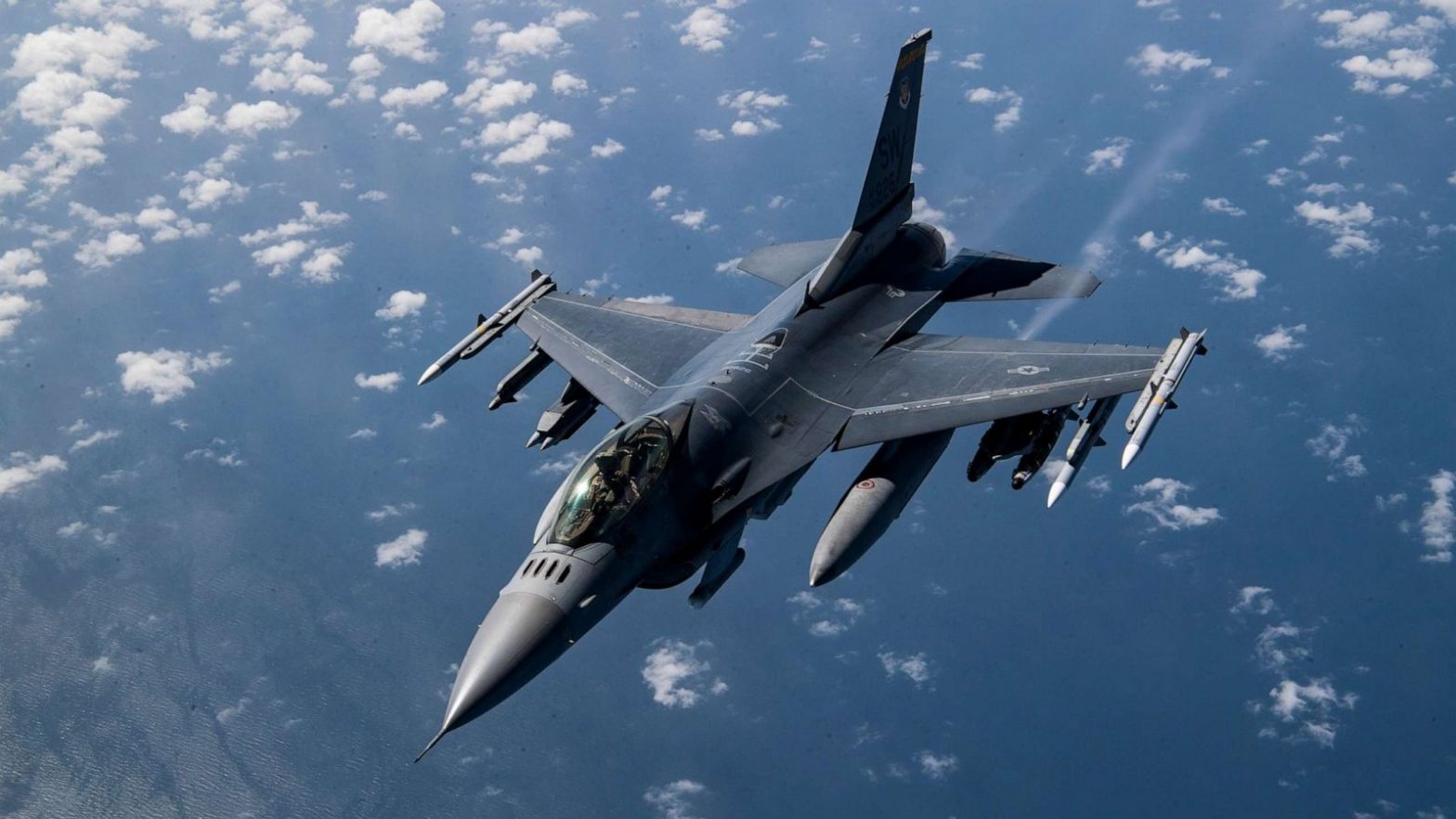In the early hours of Tuesday, an extraordinary airborne assault on Ukraine’s capital, Kyiv, was largely thwarted by the nation’s air defense systems, leading to injuries of at least three individuals, as reported by the city’s Mayor, Vitaliy Klitschko. A representative from the Ukrainian military highlighted that the majority of the Russian targets were successfully neutralized amidst a barrage of unmanned aerial vehicles (UAVs), cruise missiles, and potential ballistic missiles.
This escalation has further intensified Ukraine’s appeal for international support. President Volodymyr Zelensky, who has been engaging with European leaders, expressed gratitude for the pledged military support but emphasized the necessity for advanced fighter aircraft. Despite reservations from its allies, Ukraine continues to push for the acquisition of American F-16s, which could extend Kyiv’s reach to Russian territory if required.
After his meeting with the British Prime Minister, Rishi Sunak, Zelensky shared with the media that Ukraine is gearing up for significant counteroffensive maneuvers. “We are in need of a little more time. Not too much,” the president stated. He went on to argue that Russia’s capacity for large-scale offensive maneuvers has dwindled. However, Moscow has been able to sustain its current rate of missile strikes despite being mostly defensive.
On the eastern front, in the city of Bakhmut, the Ukrainian military reported gaining ground in various regions. The Ukrainian General Staff’s daily report on Monday described intense combat in the vicinity of the city and Russian forces’ “failed offensive operations” in multiple areas to the west and southwest.

Video footage disseminated on social media from the Ukrainian side shows powerful strikes amid high-rise apartment buildings on the city’s western outskirts, a district where Russian Wagner mercenaries have been struggling to make headway.
Simultaneously, the Pentagon confirmed the delivery of 31 M1 Abrams tanks to Germany, which are scheduled to be transferred to Ukraine later this year. Training for Ukrainian crews on these tanks is anticipated to start in the coming weeks, signaling a heightened state of readiness against persistent Russian advances.
In another aspect of this multifaceted conflict, the UN’s emergency relief coordinator, Martin Griffiths, disclosed efforts to prolong an agreement ensuring the safe export of grain from Ukraine’s Black Sea ports. Russia has implied it might withdraw from this agreement due to difficulties exporting its own grain and fertilizers, highlighting the conflict’s far-reaching implications, extending from immediate defense requirements to broader geopolitical and economic concerns.
As this crisis evolves, both Kyiv and the broader Ukraine stand firm in their defense, readying for major counterattacks and appealing for global assistance. The unfolding situation calls for a careful mix of diplomacy, strategic planning, and prompt action, with the international community closely monitoring, debating the nature and extent of their support.
©world-news.biz
